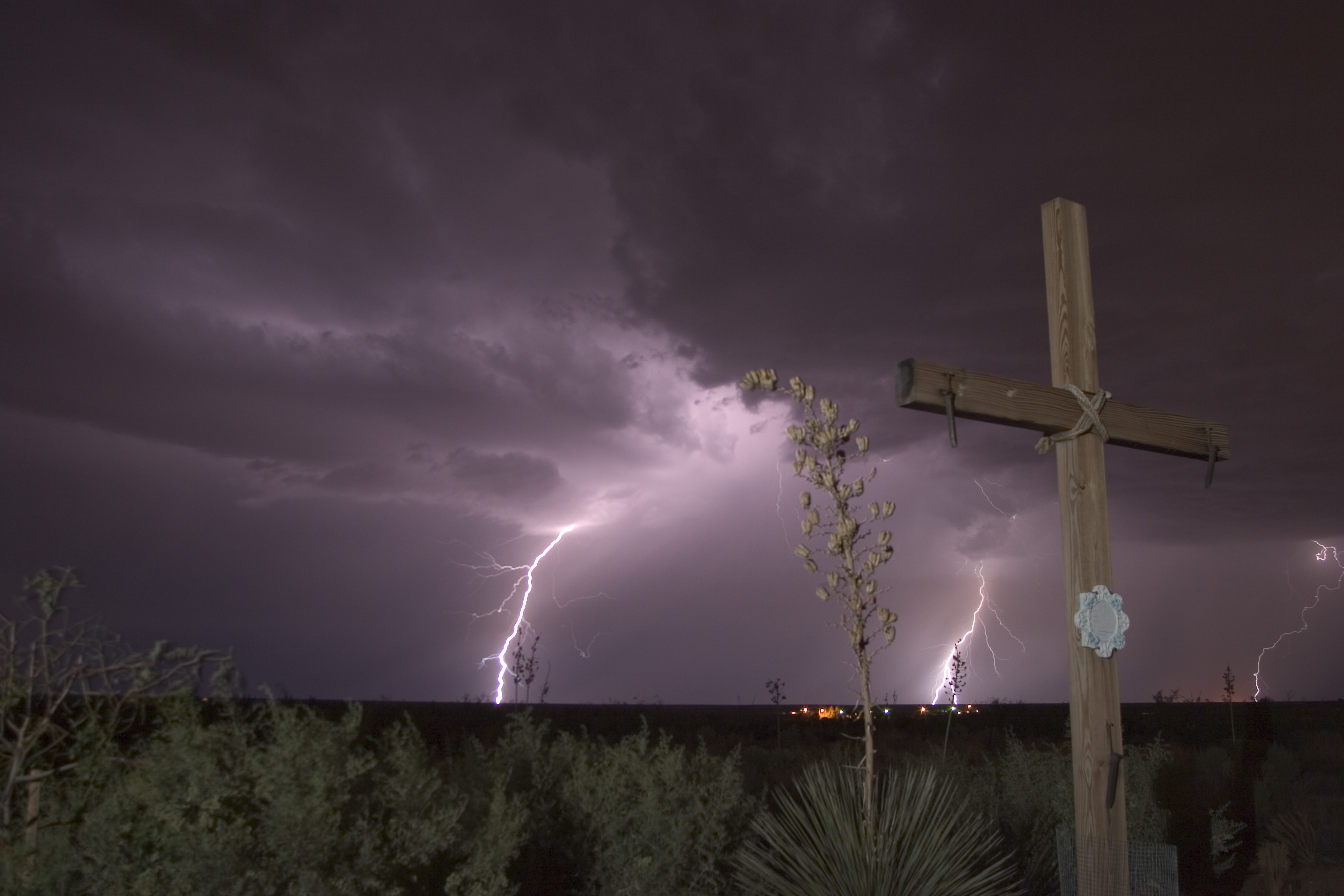Reading: Luke 1:39-56
“At that time Mary got ready and hurried to a town in the hill country of Judea, where she entered Zechariah’s home and greeted Elizabeth. When Elizabeth heard Mary’s greeting, the baby leaped in her womb, and Elizabeth was filled with the Holy Spirit. In a loud voice she exclaimed: “Blessed are you among women, and blessed is the child you will bear! But why am I so favored, that the mother of my Lord should come to me? As soon as the sound of your greeting reached my ears, the baby in my womb leaped for joy. Blessed is she who has believed that the Lord would fulfill his promises to her!” And Mary said: “My soul magnifies the Lord and my spirit rejoices in God my Savior, for he has been mindful of the humble state of his servant. From now on all generations will call me blessed, for the Mighty One has done great things for me—holy is his name. His mercy extends to those who fear him, from generation to generation. He has performed mighty deeds with his arm; he has scattered those who are proud in their inmost thoughts. He has brought down rulers from their thrones but has lifted up the humble. He has filled the hungry with good things but has sent the rich away empty. He has helped his servant Israel, remembering to be merciful to Abraham and his descendants forever, just as he promised our ancestors.” Mary stayed with Elizabeth for about three months and then returned home.
Reflection: Community at the Kids’ Table by David Morrison
One of the most iconic moments in the Christian narrative has its source in Luke’s gospel: The Visitation: when the young Mary of Nazareth (while pregnant with Jesus) visits the elderly Elizabeth (pregnant with John the Baptist). These two, because of their gender, were marginalized in their culture and world. In today’s vernacular, they were relegated to the “kids’ table” by the male patriarchy of their time. Yet not in spite of, but because of their marginalized status (one being too young and the other being too old to be “important”) that the Spirit falls upon them. The Holy Spirit’s primary work in the world is to create authentic, loving community-especially among those sitting at the “kids’ table” of history. Even in our own times, we tend to come together in all of our different kinds of relationships out of the image of our “best selves” and strengths; manufacturing a pseudo-community of “winners.” When we eventually encounter one another’s brokenness and failures, the relationships are usually diminished or severed. When we come together on the basis of our various and diverse poverties, however, the Holy Spirit creates authentic community from out of our solidarity. It’s out of this solidarity of weakness that we truly begin to live from the heart of love.
Mary and Elizabeth committed to loving their sons knowing full well that they would enter deeply into the wound of love. Mary’s “let it be done unto me” was a statement said in the darkness of uncertainty while Elizabeth’s present joy would meld with never being able to see her son grow to an adult. Mary would never get to see the “rulers brought down from their thrones” (as she watched the brutal execution of her son). Indeed, anyone who gives themselves to the heart of love will at some point experience loss and grief. The depth of love seems to be equivalent to the depth of the loss (either by rejection or death). We proceed into the deep cavernous journey, nevertheless. Why? Because love cannot and will never calculate losses and profits, or any pragmatic transaction. Love is far beyond commerce and rationality. It is a magnifying lens over the heart (as Mary proclaims: “My heart magnifies the Lord”) through which other hearts are caught on fire when we consent to the incarnation of Christ through our own lives. This process of giving ourselves to divine love also assures us in our failure to succeed in giving ourselves to divine love in the world: and so we stop trying to get to the “adult’s table” in life, and we create community at our present table. My teacher, Jim Finley, often says: “The process of establishing ourselves in a habitual state of compassionate love takes place in the context of countless failures to be compassionate. But this proves to be no hindrance as long as we commit ourselves to being compassionate toward ourselves in our failings to be compassionate. Even our failures to be compassionate prove to be but new opportunities . . . This process of yielding to compassionate love unfolds and deepens over a lifetime of learning that when all is said and done, love is the playing field where we most truly meet ourselves and others as we really are: precious in our collective frailty.”
Prayer for lighting the fourth candle on the advent wreath:
Shine on us, O God of justice;
Guide our path through gloom of night;
Bear within us Wisdom’s glory;
Come to us, O Christ the Light.

Two Rays (David Morrison, 2020)



